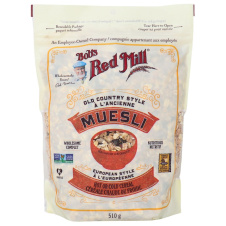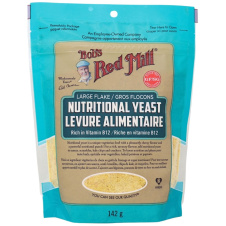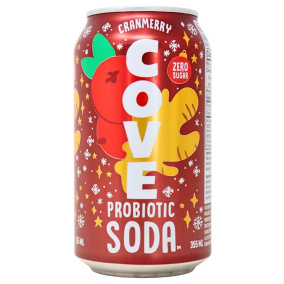
Vegan When Pregnant
The Pros Of A Vegan Diet During Pregnancy
There are some benefits to eating vegan during pregnancy. You will probably need folic acid supplements. Vegans typically get a great amount of folate from leafy greens, brussels sprouts, cauliflower, and lentils.
Another nutrient that is a huge part of the vegan diet is iron. Beans, lentils, quinoa, oatmeal, nuts, seeds, and leafy greens are all great sources of iron.
Important Nutrients In A Vegan Pregnancy
Protein. Protein is made of building blocks called amino acids, which are essential to fetal cell growth and development. Dairy products, eggs, fish, seafood, poultry, and meat are excellent sources of essential amino acids. Since a vegan diet is a plant food-only diet it is crucial to include a variety of plant-based protein sources. Vegans often consume tofu. Make sure you opt for organic tofu (non-GMO) or tempeh, which is full of vitamins and probiotics. Still, it’s best to eat soy in general in moderation because it could affect your hormones.
Check out our Vegan Protein superfoods and snacks.
Vitamin B12. Vegans often lack vitamin B12, which is found in meat, poultry, and eggs. Vitamin B12 deficiency can cause pre-eclampsia, preterm delivery, and low birth weight. Vegan sources include nutritional yeast (a flaky savory condiment) and fortified plant beverages. It is recommended that supplements should still be taken during pregnancy.
Calcium. Calcium is an important element to form the foundation of your baby’s bones. Vegans don’t consume dairy, but they can get calcium from sesame seeds, almonds, leafy greens, beans, and fortified plant beverages.
Vitamin D. Vegans do not consume milk products, thus be sure to get enough vitamin D from other sources. Soy beverage is often fortified with vitamin D. Your body can also produce vitamin D when exposed to sunlight regularly.
Omega-3 fat. Fatty acids are important for fetal brain and eye development. Omega-3 fat is mostly found in fish, and the best vegan source is algae-based supplements. Eating flaxseed, chia seeds, hemp seeds, and walnuts is recommended as they contain a type of omega-3 fat that the body can convert to fatty acids in small amounts.
Iron. Iron is crucial during pregnancy for both mother and baby as it prevents anemia. Pregnant women require 27 milligrams of iron each day, but vegans require almost double that - about 45 milligrams a day. Good sources include beans, lentils, nuts, leafy greens, and fortified cereals. Pair any of these with a source of vitamin C, such as sweet peppers and berries, to boost iron absorption. Supplements are usually required.
Zinc. Zinc from plant foods is poorly absorbed by the body, thus it is important to increase intake or consider supplements. Good sources of zinc include leavened whole grains (such as whole-wheat bread), legumes (beans and lentils), soy foods, vegetables, milk, and yogurt.
Prenatal vitamins are very important for pregnant women who are on a vegan diet. Talk to your doctor about how to get all the nutrients you need with a vegan diet.
Natura Market offers a wide range of Plant-based products.








